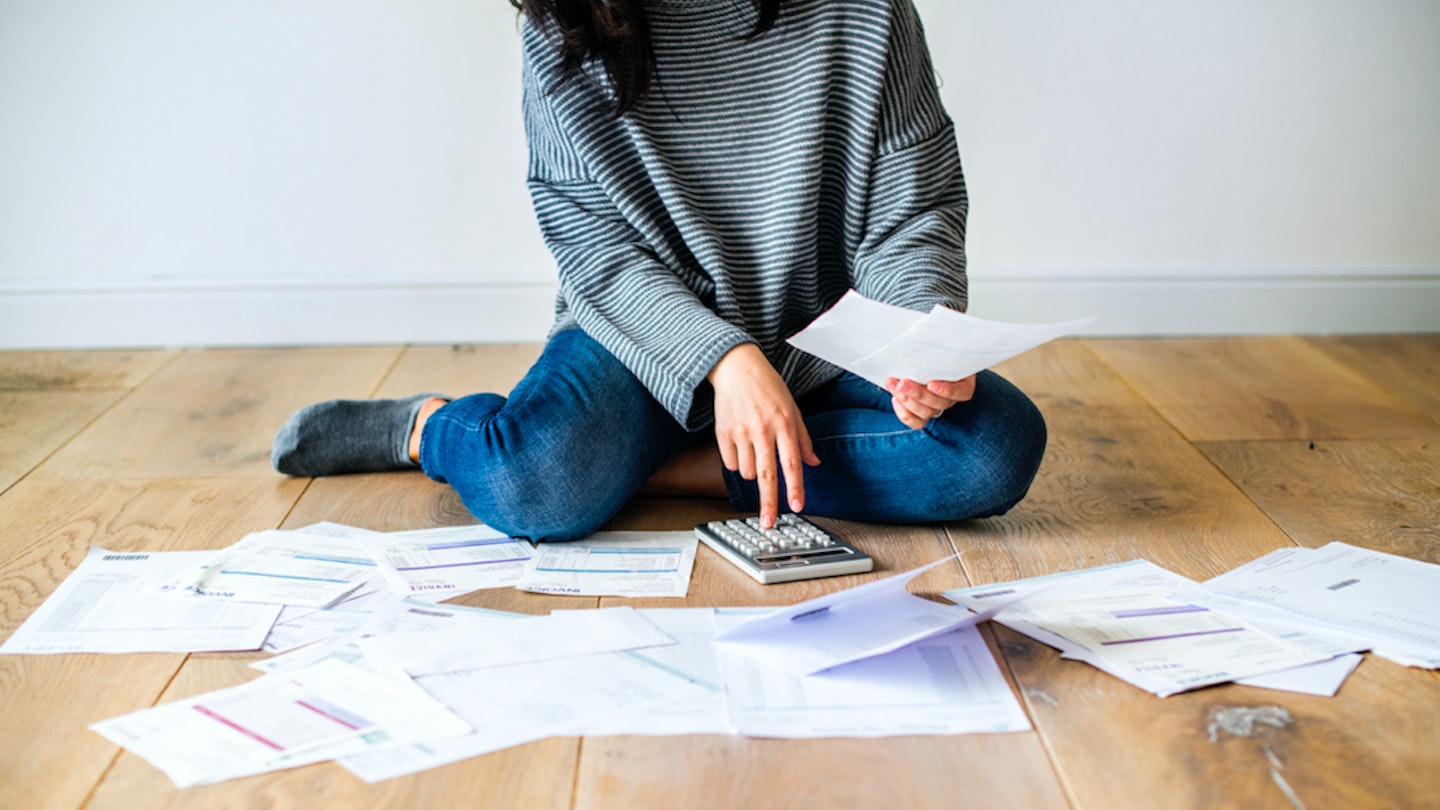It is easy to assume that once you’ve left behind an abuser, you’ve also left behind the abuse. And we know how difficult leaving can be. Statistically, leaving a perpetrator is the most dangerous time for a victim. The emotional and economic trauma of leaving can be unspeakable, too. So what if, after all that, you discover the abuse isn’t over? What if the control and the coercion and the fear continues? This is post-separation abuse.
Post-separation abuse is a particular problem for victims of economic abuse. Recognised for the first time in law in the forthcoming Domestic Abuse Bill, economic abuse is when a person seeks to control their partner’s economic resources through restriction, exploitation or sabotage.
This can include anything from running up debt in their partner's name, forbidding them from having their own bank account, phone or car, to demanding their salary goes directly into the perpetrator's account. Like other types of abuse, it rarely happens in isolation, it plays out in a cruel, insidious drip-drip-drip, and it can, initially, be dressed up as caring or an act of concern. Furthermore, economic abuse is an overlooked type of abuse, despite how essential and embedded our finances and resources - like housing and transportation - are into every single aspect of our lives.
One in four victims report that economic abuse continues after they have left an ex-partner. 'It’s the last invisible chain,' is how one survivor has put it to me. And post-separation abuse is particularly terrifying because the abuser doesn't even need to know where the victim is to continue to control and coerce.
The most common examples are seen through coerced debt, where a partner, through coercive control, often including threats of physical or sexual violence, forces their partner to take out numerous debts in their own name, such as loans, credit or mortgages. Our research has found that each year, victims face an annual bill of £23.5 million in coerced debt. We’ve supported one woman who had 27 different creditors that she’d been forced to borrow from.
Aside from the economic devastation it causes, the mental health strain can not be underestimated.
In some cases, victims are paying off debts for decades. Each monthly payment is a cruel reminder of the control that person is still having over their lives, even if they haven’t seen them in years. Women (and their children) can be forced into bankruptcy, home repossession or even poverty - the result of the abuser’s deliberate efforts to humiliate, control and prevent a victim from rebuilding their life. These women may have left the abuser but they are a long way from being free.
We see post-separation abuse in other areas too. Ex-partners use the Child Maintenance System to dangle families over the poverty line in order to create chaos, stress and anxiety, even though, in many cases, they have the funds to pay their fair share. Abusers will exploit whatever the remaining link in their lives might be in order to maintain their power and control. Aside from the economic devastation it causes, the mental health strain can not be underestimated.
This is why at Surviving Economic Abuse - the UK’s only charity dedicated to the issue - we believe these victims deserve the protection of the law. As it stands, the controlling and coercive behaviour offence only recognises victims who live with an abuser and/or are in an intimate relationship with them. This means that victims of post-separation abuse are on their own. This has to change.
The Domestic Abuse Bill is still making its way through the law-making cogs of parliament. Most recently our call for this change received great cross-party support in the House of Lords. Now our amendment, alongside others, will be debated at committee stage.
Domestic abuse, in all its forms, including economic abuse, is at a crisis point. It is well documented, and our own research shows, that the pandemic has aggravated what was already an extremely alarming situation, as the number of women killed by a current or former partner each week has risen from two to three.
With the UK in its third national lockdown, and little certainty of when we will come out, we must do all we can to support all victims of abuse. Many call this Bill a once in a generation opportunity. If that’s the case, we have to make sure we get it right. And that means we must ensure every victim is safe every step of the way.
Dr Nicola Sharp-Jeffs OBE is the founder and CEO of Surviving Economic Abuse
If you think you might be experiencing economic abuse, phone the police in the first instance. You can also contact the National Domestic Violence Helpline for support on 0808 2000 247. For more information and resources to support you visit www.survivingeconomicabuse.org****.
